Surgical Technologist: A Rewarding Career Path in the Medical Field
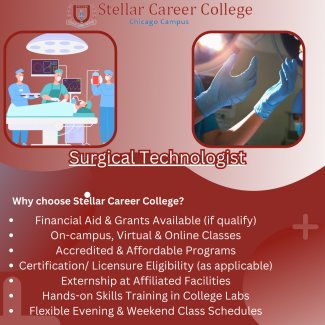
Meta Description:
Discover the world of surgical technology and embark on a fulfilling career as a surgical technologist. This article explores the responsibilities, education requirements, and job prospects in this exciting field.
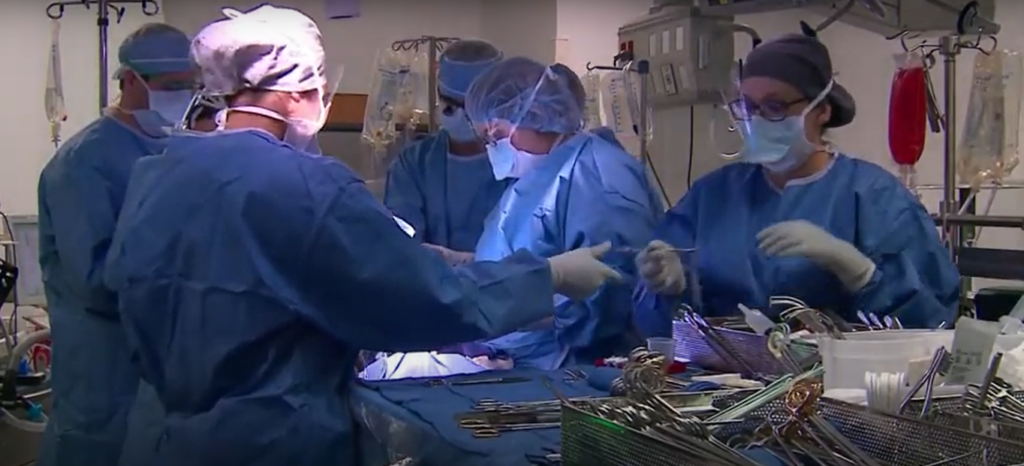
Are you fascinated by the medical field and have a passion for helping others? If so, a career as a surgical technologist might be the perfect fit for you. Surgical technologists play a crucial role in the operating room, working alongside surgeons, nurses, and other healthcare professionals to ensure that surgeries run smoothly and safely. In this article, we will delve into the details of this rewarding profession, covering the responsibilities, education and certification requirements, as well as the job outlook for surgical technologists. Whether you’re a prospective student exploring career options or an individual considering a career change, read on to discover why becoming a surgical technologist can be a fulfilling and impactful choice.
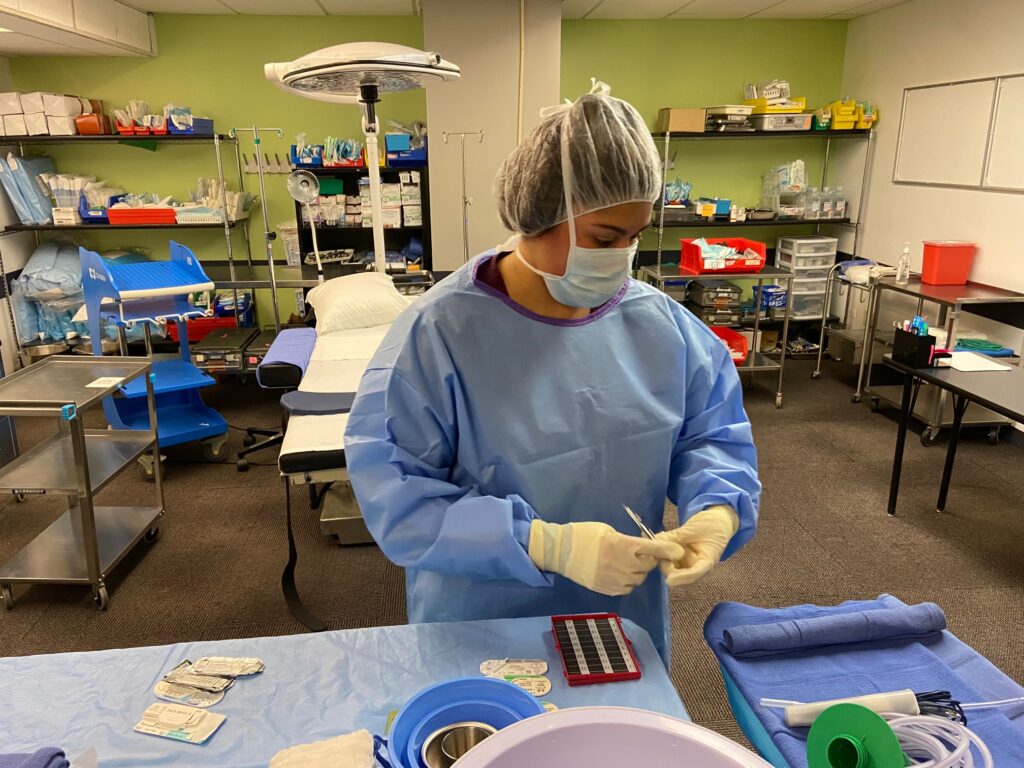
| Table of Contents |
|---|
| 1. Surgical Technologist: An Overview |
| 2. Education and Training |
| 3. Certification Requirements |
| 4. Job Responsibilities |
| 5. Work Environment |
| 6. Job Prospects and Salary |
| 7. Advancement Opportunities |
| 8. Professional Associations and Networking |
| 9. Tips for Success |
| 10. Conclusion |
1. Surgical Technologist: An Overview
2. Education and Training
3. Certification Requirements
4. Job Responsibilities
5. Work Environment
6. Job Prospects and Salary
7. Advancement Opportunities
8. Professional Associations and Networking
9. Tips for Success
10. Conclusion
Surgical Technologist: An Overview
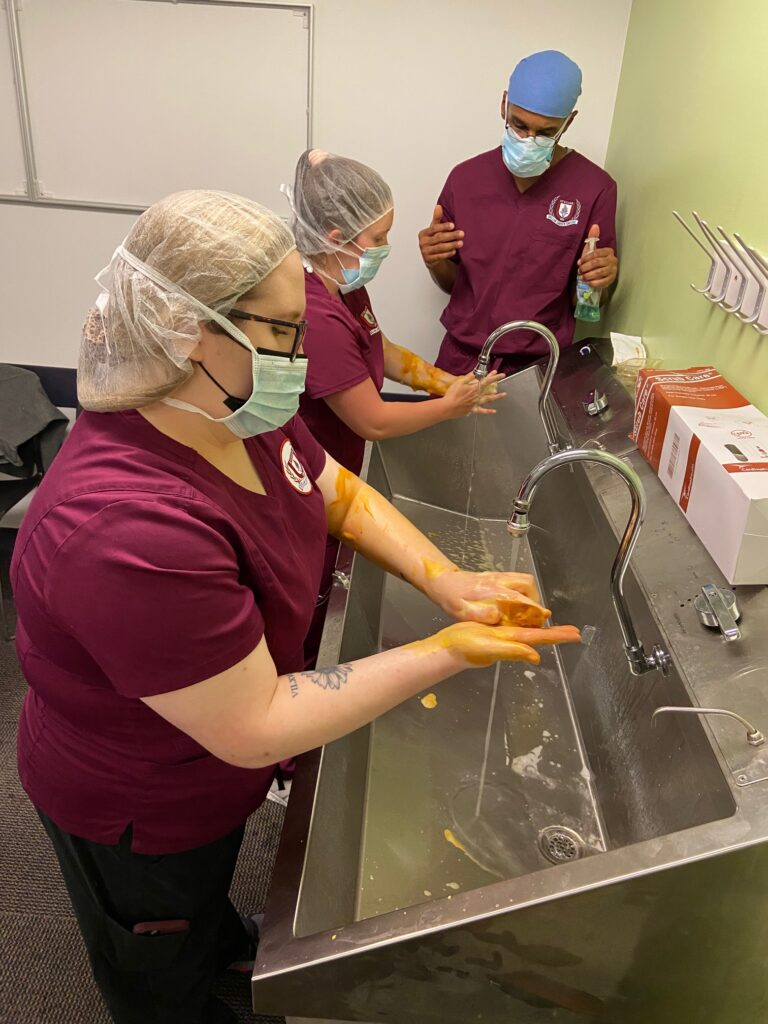
Surgical technologists, also known as operating room technicians or scrub techs, are integral members of the surgical team. They assist surgeons, nurses, and other healthcare professionals in the operating room, ensuring that surgical procedures are conducted smoothly and efficiently. Surgical technologists are responsible for preparing the operating room, sterilizing equipment and instruments, and assisting during surgeries by passing instruments and supplies to the surgical team. They also help in positioning patients, applying dressings, and monitoring vital signs. A keen attention to detail, excellent communication skills, and the ability to work well under pressure are essential qualities for success in this role.
Education and Training
To become a surgical technologist, a formal education program is typically required. Most surgical technology programs are offered at community colleges, technical schools, or hospitals and can range from nine months to two years in duration. These programs provide a combination of classroom instruction, laboratory practice, and hands-on clinical experience in operating rooms. The coursework covers topics such as anatomy, physiology, medical terminology, surgical procedures, and sterile techniques. Graduating from an accredited surgical technology program is essential for obtaining certification and employment opportunities.

Certification Requirements
While certification is not mandatory in all states, it is highly recommended and often required by employers. The National Board of Surgical Technology and Surgical Assisting (NBSTSA) offers the Certified Surgical Technologist (CST) credential, which can enhance job prospects and earning potential. To be eligible for the CST exam, candidates must have completed an accredited surgical technology program or have acquired equivalent education and experience. Passing the exam demonstrates a comprehensive understanding of the field and commitment to maintaining professional standards.
Job Responsibilities
Surgical technologists perform a wide range of tasks before, during, and after surgical procedures. Prior to surgery, they assist in preparing the operating room, ensuring that all necessary supplies, instruments, and equipment are sterile and functional. During surgery, they stand alongside the surgical team, providing surgical instruments and supplies as needed. They anticipate the surgeon’s needs, maintain a sterile environment, and ensure that surgical procedures are conducted smoothly. After surgery, they assist in cleaning and restocking the operating room, properly disposing of hazardous materials, and transferring patients to the recovery area.
Work Environment
Surgical technologists primarily work in hospitals, surgical centers, and outpatient clinics. They spend a significant amount of time in the operating room, where they may be exposed to various surgical procedures and potential hazards. The work environment can be fast-paced and demanding, requiring the ability to stay focused and composed under pressure. Surgical technologists often work full-time, and their schedules may include evening, weekend, or on-call hours to accommodate emergency surgeries.
Job Prospects and Salary
The demand for surgical technologists is expected to grow in the coming years due to advancements in medical technology, an aging population, and an increase in surgical procedures. According to the Bureau of Labor Statistics, employment of surgical technologists is projected to grow by 7% from 2020 to 2030, faster than the average for all occupations. The median annual wage for surgical technologists was $49,040 in May 2020, with potential for higher earnings based on experience, location, and specialty.
Advancement Opportunities
With experience and additional education, surgical technologists can pursue advancement opportunities within the field. Some may choose to specialize in a particular surgical specialty, such as cardiovascular or orthopedic surgery. Others may take on leadership roles, such as surgical technologist supervisors or educators. Advancement may also involve transitioning to related roles, such as surgical first assistants or surgical physician assistants, with additional training and certification.

Professional Associations and Networking
Joining professional associations, such as the Association of Surgical Technologists (AST) or state-level organizations, can provide valuable networking opportunities, access to continuing education resources, and updates on industry trends. These associations often offer conferences, workshops, and online forums where surgical technologists can connect with peers, share knowledge, and stay informed about the latest advancements in surgical technology.
Tips for Success
To excel as a surgical technologist, it is important to continually enhance your skills and stay updated with the latest advancements in surgical techniques and technology. Here are a few tips to help you succeed in this rewarding career:
- Commit to lifelong learning and professional development.
- Cultivate strong communication and teamwork skills.
- Develop excellent organizational and time management abilities.
- Pay attention to detail and maintain a high level of accuracy.
- Stay calm under pressure and adapt to fast-paced environments.

-
FAQs (Frequently Asked Questions)
- Q: How long does it take to become a surgical technologist? A: The duration of surgical technology programs can vary. Some programs can be completed in as little as nine months, while others may take up to two years. It depends on the specific program and whether it offers a diploma, certificate, or associate degree.
- Q: Are there any prerequisites for entering a surgical technology program? A: Prerequisites can vary among different programs. However, most programs require a high school diploma or equivalent. Some programs may also require certain courses, such as anatomy and physiology, biology, or medical terminology, as prerequisites.
- Q: What skills are essential for a surgical technologist? A: Surgical technologists must possess strong technical skills, including knowledge of surgical instruments, sterile techniques, and operating room protocols. Excellent communication and teamwork skills are also crucial for effective collaboration with the surgical team. Additionally, attention to detail, manual dexterity, and the ability to remain calm under pressure are important attributes for success in this field.
- Q: Can surgical technologists specialize in a specific type of surgery? A: While surgical technologists generally have a broad range of skills applicable to various surgeries, they can choose to specialize in specific surgical specialties. By gaining experience and additional training in a particular area, such as neurosurgery or gynecology, surgical technologists can become more specialized and in-demand within their chosen field.
- Q: What are the working hours like for surgical technologists? A: Surgical technologists may work different shifts, including evenings, weekends, and holidays, as surgeries can occur at any time. They may also be required to be on-call for emergency procedures. It’s important to be flexible with your schedule and be prepared for potential changes in working hours.
- Q: Is there room for advancement in the field of surgical technology? A: Yes, there are opportunities for career advancement in surgical technology. With experience, surgical technologists can take on leadership roles, such as supervisory positions, where they oversee the work of other surgical technologists. They can also pursue additional education and training to become surgical first assistants or surgical physician assistants.
- Q: How important is certification for surgical technologists? A: While certification is not mandatory in all states, it is highly recommended and often preferred by employers. Obtaining certification, such as the Certified Surgical Technologist (CST) credential offered by the NBSTSA, demonstrates a commitment to professionalism and can enhance job prospects and earning potential.
- Q: What is the outlook for job opportunities in surgical technology? A: The job outlook for surgical technologists is expected to be favorable. The increasing demand for healthcare services, technological advancements in surgical procedures, and the aging population contribute to the growing need for surgical technologists. This creates promising job opportunities in hospitals, surgical centers, and other healthcare facilities.
- Q: What are some potential risks or challenges faced by surgical technologists? A: Working in the operating room comes with certain risks and challenges. Surgical technologists may be exposed to infectious diseases, hazardous chemicals, and physical strain. They must adhere to strict safety protocols, including wearing personal protective equipment and following proper sterilization techniques. Maintaining focus and attention to detail during lengthy and complex surgeries can also be demanding.
- Q: How can I prepare for a career as a surgical technologist? A: If you’re interested in pursuing a career as a surgical technologist, start by researching accredited programs in your area. Speak with professionals
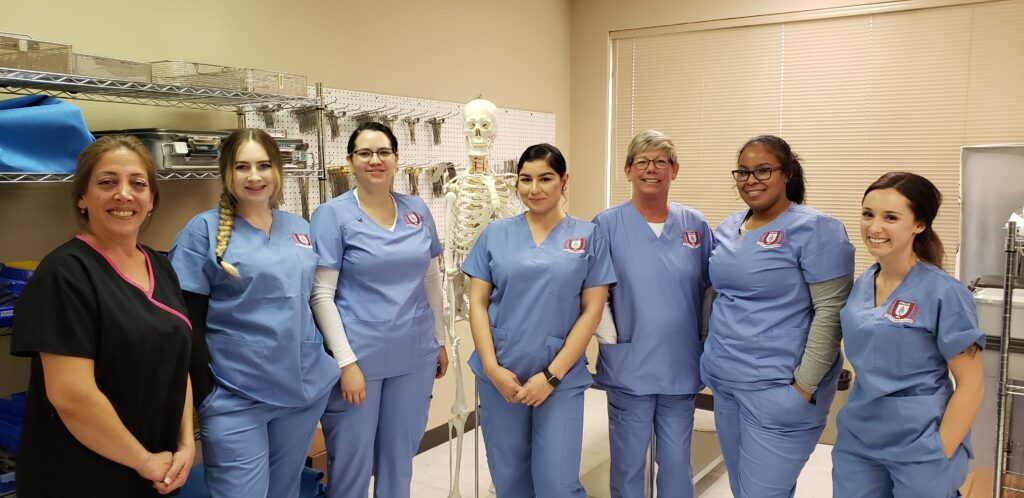
Surgical Technologist
Conclusion
Becoming a surgical technologist offers a rewarding and fulfilling career path in the medical field. As a surgical technologist, you have the opportunity to directly contribute to patient care and the success of surgical procedures. The demand for surgical technologists is on the rise, providing excellent job prospects and potential for professional growth. By pursuing the necessary education and certification, developing essential skills, and staying committed to continuous learning, you can embark on a journey that combines your passion for healthcare with a fulfilling and impactful profession.

